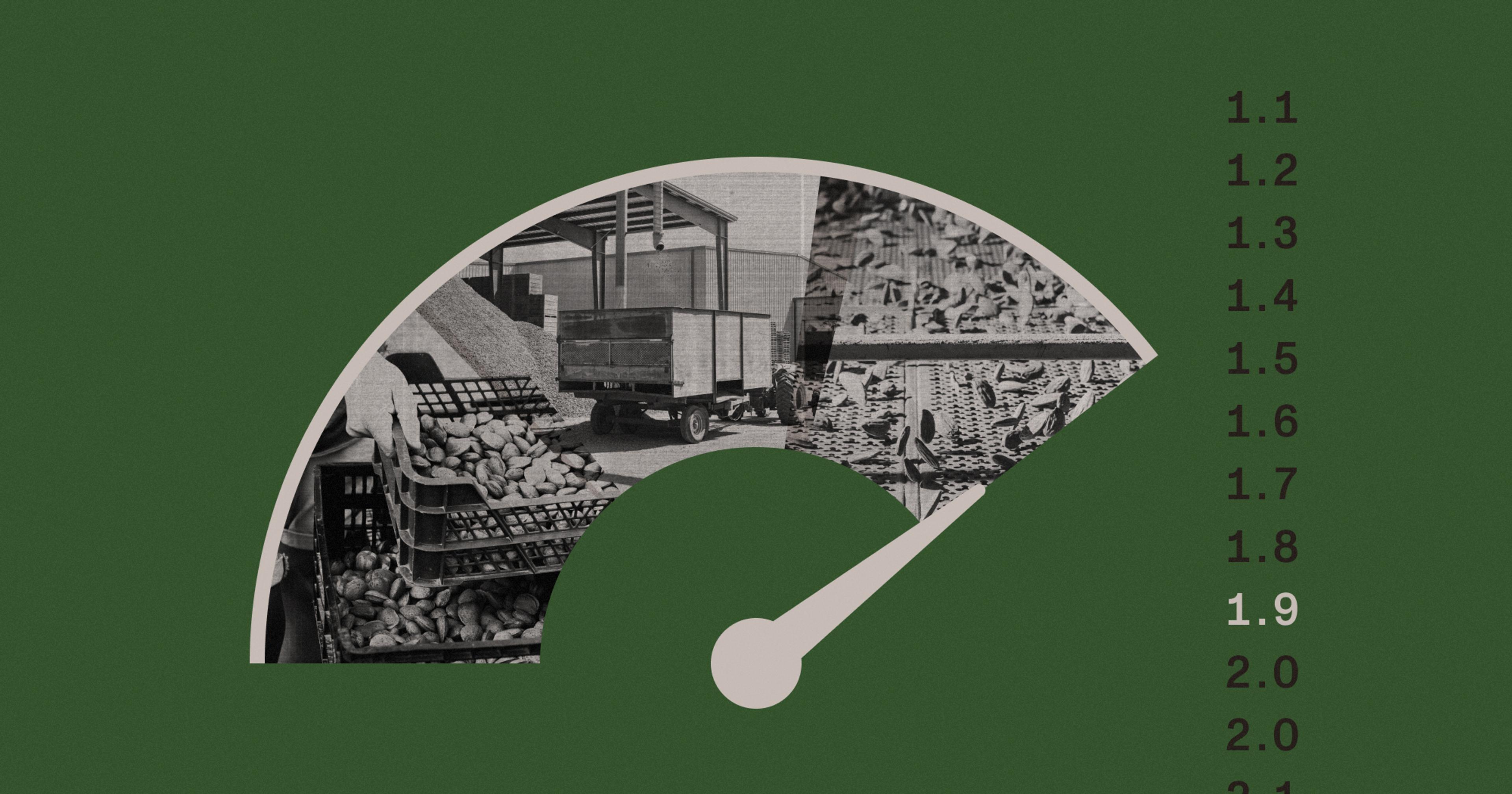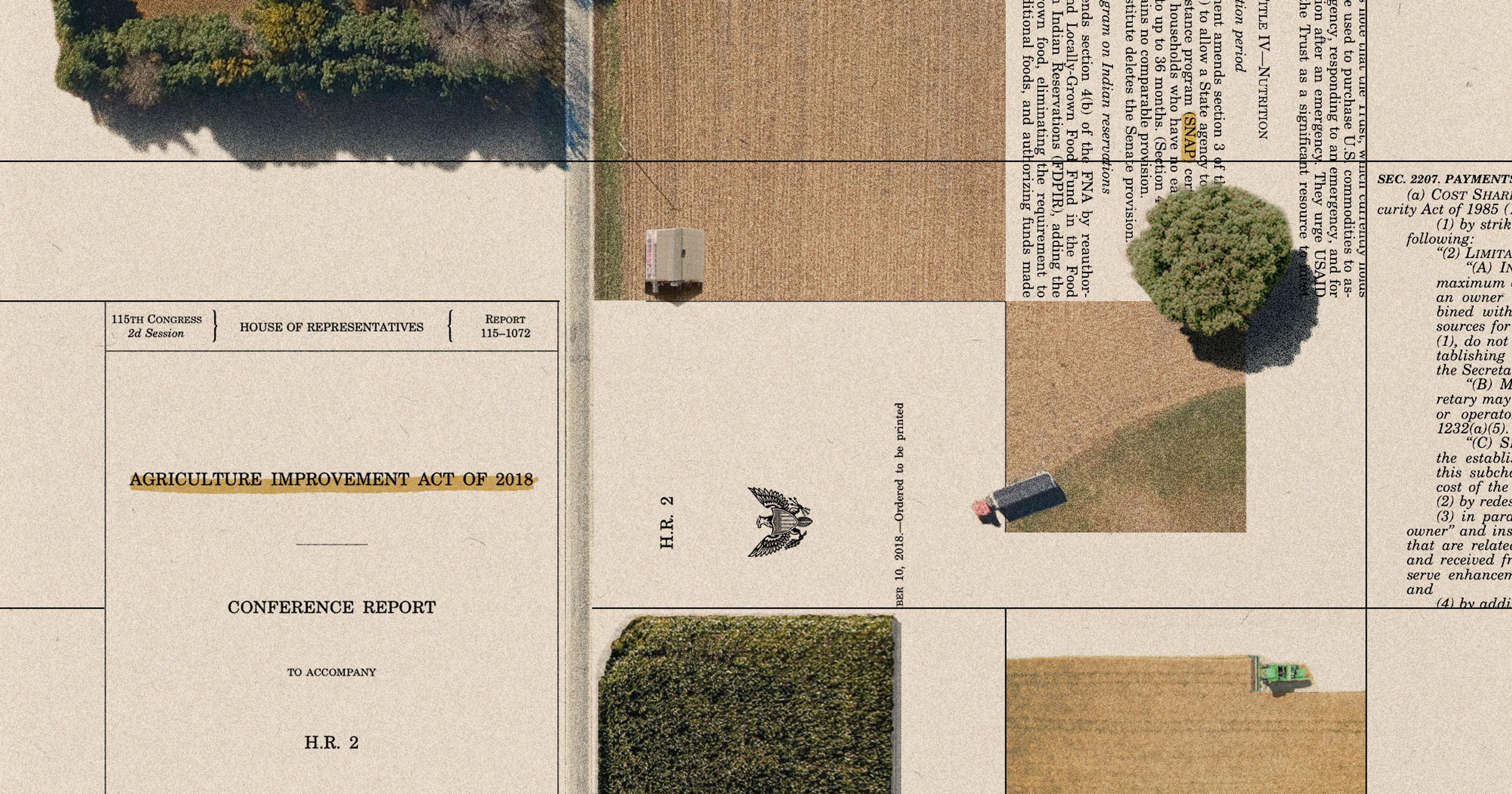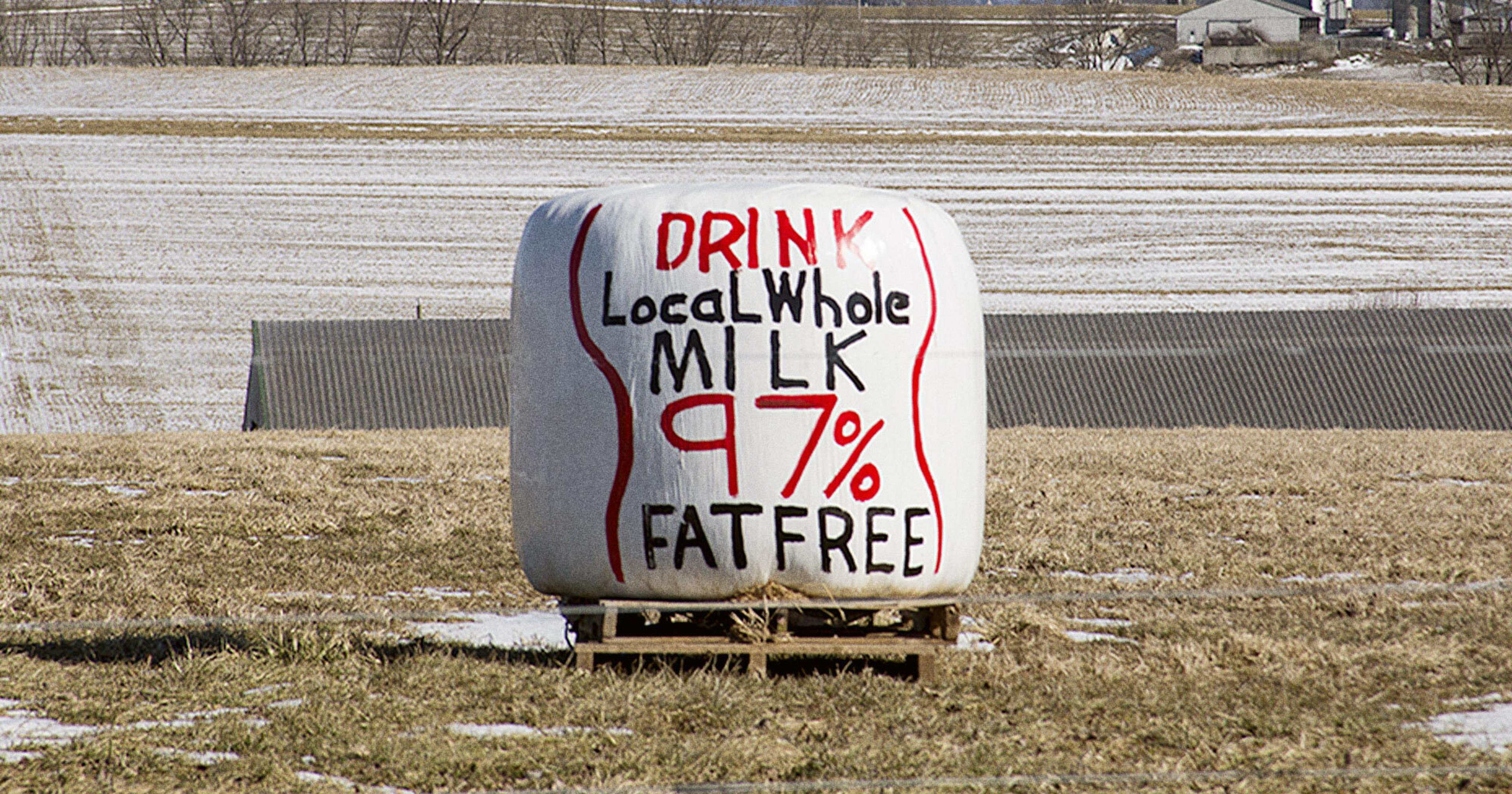The Securities and Exchange Commission wants broader emissions reporting up and down the supply chain. Trade groups are claiming it will break the small family farm.
More and more investors want to know the climate impacts of companies in their portfolios.
This, coupled with a push from the U.S. Securities and Exchange Commission (SEC) to track emissions on publicly traded companies, is turning into a fight from farming and ranching groups.
The SEC is circulating a ruling that would require publicly traded companies to start reporting their greenhouse gas emissions by 2026. The ruling is aimed at large companies — businesses with less than $250 million in publicly owned shares or less than $100 million in annual revenue would not need to report. The collected data would be available to investors and present a “complete picture of the climate-related risks” associated with a company’s operations and financial future.
Since the ruling was proposed last year, large industry groups, from the American Farm Bureau to the National Pork Producers Council, have opposed the ruling, saying it is cumbersome and will hurt small businesses, including family farms.
In an April letter to the SEC from a variety of livestock and agriculture business groups, the authors ask the federal agency not to include the ag sector in emissions tracking, or completely remove their pending rule. The groups wrote that this tracking will “inevitably require farmers and ranchers to track and report their emissions” to the larger, publicly traded companies.
“Family farms, particularly smaller ones, will be hardest hit, with the rule driving greater consolidation and fewer family farms,” the letter said.
The heart of the fight is focused on something known as Scope 3 emissions.
A variety of industries track their climate impacts using Scope 1 and 2 emissions reporting. Scope 1 emissions are the pollutants coming from sources that a company directly owns, such as fuel burned by a logistics company’s tractor-trailers. Scope 2 emissions are ones caused indirectly by a company’s source of power. This generally refers to emissions produced by energy companies and utilities that a business uses to power its operations.
“Pretty much every farmer at some point is touching a public company’s value chain, whether it’s fertilizer, seeds, or pesticides.”
Scope 3 emissions are ones caused up and down the supply chain for a single business. A bag of shredded Kraft cheese may not have released methane at the production plant, but how much methane did the dairy cow that made the milk emit? This is the type of reporting that Scope 3 tries to capture; it tends to make up a huge chunk of a company’s portfolio, with research showing that Scope 3 accounts for 65 to 95% of a single company’s emissions.
Since the initial proposal and subsequent pushback, SEC Chair Gary Gensler has said the Scope 3 requirements could be pared down in the final ruling announcement, which is expected later this year. He said the requirements weren’t “well-developed,” leaving the future of Scope 3 reporting requirements uncertain. A group of Democratic lawmakers wrote to the SEC in March, saying that weakening Scope 3 reporting would continue to allow fossil fuel companies and other big polluters to evade regulation.
Travis Cushman is deputy general counsel for the American Farm Bureau. He said the proposed SEC climate rules will be burdensome on small, private farms, despite being intended for large public companies.
“Pretty much every farmer at some point is touching a public company’s value chain, whether it’s fertilizer, seeds, or pesticides,” he said.
But Steve Suppan, policy analyst at the Institute for Agriculture and Trade Policy, said the notion that farms will go bankrupt because they have to report on their emissions is false, as the majority of smaller farmers aren’t interacting with massive, publicly traded companies.
“The Farm Bureau seems to think that by taking a bullet for JBS or ADM or for any other company that does not want to comply with the rule that they will be doing themselves a favor,” he said.
“It was never the intent of Scope 3 to be looking at small farmers.”
Suppan also said Scope 3 monitoring isn’t as hard as opponents have made it out to be. The Environmental Protection Agency and the Greenhouse Gas Protocol, created by global research group World Resources Institute, have tools for large companies to track emissions.
Additionally, nonprofit organization Ceres has created tools for large, publicly traded companies to adopt Scope 3 reporting.
“It was never the intent of Scope 3 to be looking at small farmers,” said Steven Rothstein, managing director at Ceres.
Rothstein said that in its draft rulings, the SEC included language that estimated 1.3% of suppliers were responsible for 85% of emissions, and this would likely be replicated so that only a small sliver of farms would be responsible for reporting their emissions.
“There are a few large suppliers that are going to be significant,” Rothstein said.
In its fight against the SEC ruling, an age-old marketing scheme has come into play from large agribusiness groups. Groups opposed to the SEC ruling say that it would harm family farms, a loosely defined term at best. These groups have equated the term “family farm” with small and medium producers.
“It’s a pretty well-trodden path to use the idyllic imagery of family farmers and ranchers as sort of a smokescreen for the impacts of industrial agriculture.”
United States Department of Agriculture data shows that almost every farm in the country is owned by a family and has been passed down for generations. But while the majority of farms in this country are small, they make up a small sliver (around 21%) of the value of overall agriculture production.
This evocation of family farm to mean small producer would be as if Walmart, owned by the illustrious Walton family, began arguing they should be minimally regulated like the mom-and-pop corner store down the street.
Tyler Lobdell, staff attorney for the advocacy organization Food & Water Watch (FWW), said agriculture business groups are using fear tactics that Scope 3 would be overburdensome to small and medium-sized farms.
“It’s a pretty well-trodden path to use the idyllic imagery of family farmers and ranchers as sort of a smokescreen for the impacts of industrial agriculture,” Lobdell said.
Lobdell said there is already active, voluntary Scope 3 reporting happening for major food and agriculture companies. He said that while some see this reporting as a risk and burden, FWW sees fully developed Scope 3 reporting as an opportunity for producers to pinpoint their emissions problems and allow real sustainable producers to benefit from an open marketplace.
“Requiring this sort of transparency for investors who are more and more interested in supporting less-harmful companies and products through their investments,” Lobell said, “and being able to accurately identify ones that are working with agricultural good actors is empowered through real disclosures.”










